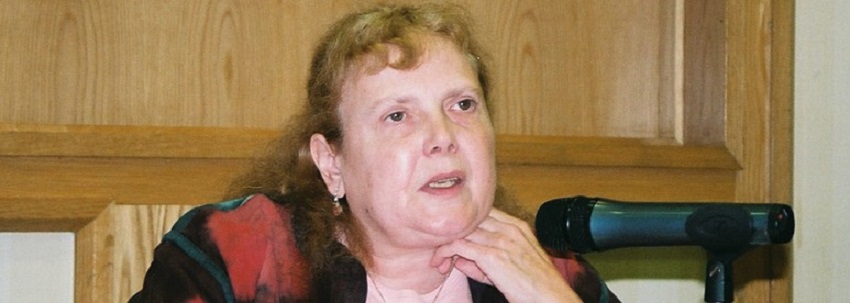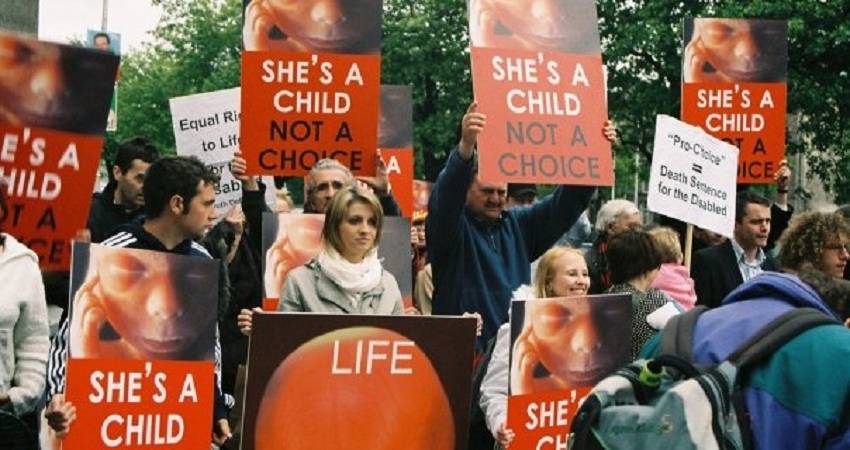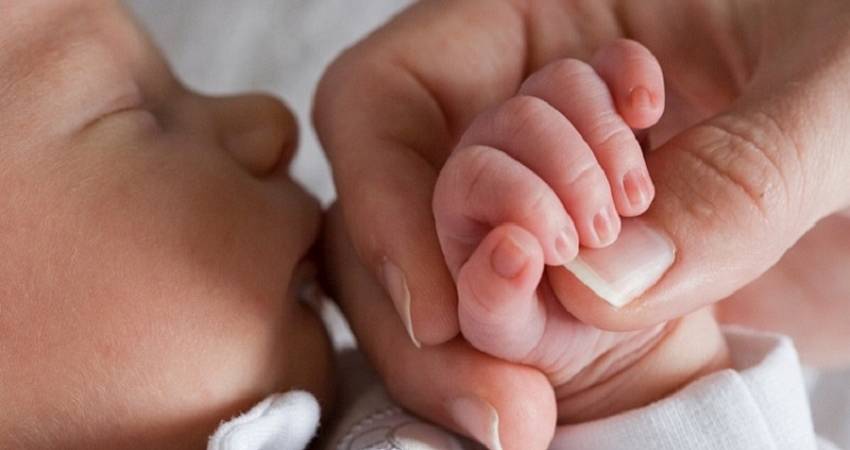Launch of LifeAbility

Our LifeAbility Campaign has got off to a great start as, despite the rainy summer, there has been no shortage of volunteers wishing to participate in this essential project.
The LifeAbility leaflet was written in conjunction with people with disabilities and goes to the core of the meaning of this campaign. Tens of thousands of these leaflets have been distributed thus far through street sessions, leaflet drops and at churches and many more will be given out in the course of this ongoing project. A website is planned and a comprehensive information booklet is being finalised.
We’re also hoping to reach out to other disability campaigners and establish a national platform declaring that Life is the first right - for all children, disabled or otherwise. And we’re planning a series of advertisements highlighting the key issues of the LifeAbility Campaign.
It’s a crucial campaign, since the recent attempts made to justify killing children on the basis of disability were a warning of what is to come. A clear picture of the extent to which the abortion culture targets people with disabilities was painted by Alison Davis of the No Less Human group in Dublin on July 7th. Ms Davis came to Ireland on YD’s invitation to launch the LifeAbility Campaign and to give the keynote speech at the evening event of the Celebrate Life Rally.
Ms Davis told the packed room in the Alexander Hotel of the experiences of Britain, which had recently seen its Royal College of Obstetricians and Gynaecologists (RCOG) consider a proposal calling for the killing of children who had been born with a disability, especially those who were premature. When Ms Davis, a spina bifida sufferer who uses a wheelchair, went to present the RCOG with a petition opposing their stance, officials refused her admittance as she would have needed assistance at the entrance with her wheelchair.
Ms Davis told the audience that, in the UK, where abortion has been legal since 1967, foetal disability is one of the most publicly acceptable reasons for allowing abortion. The discriminatory factor in these abortions is made clear by simple statistics. In the UK about 20% of all pregnancies are aborted, but about 90% of babies with spina bifida are aborted, as are 92% of babies with Down’s Syndrome. This is, of course, in addition to the babies who are aborted for “social” reasons without their disability ever being detected.
She explained that “Ground E” of the 1967 British Abortion Act states that abortion is permissible if there is “substantial risk of the child being born seriously handicapped. This also allowed for “selective reduction” in which one or more babies in a multiple pregnancy are killed by injecting poison into their hearts, while the other babies in the pregnancy are left to continue their lives. 55% of these abortions were performed because one or more of the babies had a disability. Under Ground E abortion is allowed in Britain with no time limit; in other words up to the moment of birth.These eugenic abortions cannot be dismissed simply as women freely “choosing” to abort, just as the diagnosis of a disability does not just “happen.” Dr. Josephine Treloar wrote in the British Medical Journal of her unborn child being tested for Down’s Syndrome without her knowledge or consent.
‘If this can happen to a medical doctor, how much more could it happen to other women?‘ asked Ms Davis before sharing a letter she had received from Michele Liddle, a new member of No Less Human, whose son Kealan was born with Down’s Syndrome in 2002. She told Alison: “I was screened without my knowledge at my first hospital scan, and told afterwards that my baby had a chromosomal problem. I was then faced with several doctors trying to get me to have amniocentesis and discussing the possibility of abortion. I rejected both, but had the worry of the health of my baby with me for the next six months. At one stage I felt I was a burden for wanting to keep my child. I can see how easy it can be for someone to be persuaded by a doctor to abort their disabled child.“
The experience in the UK is that doctors now seek out disability in unborn children and parents are put under pressure to abort. In fact, such is the grip of the abortion mentality that some commentators are now feeling free to condemn parents of children with a disability for “choosing” to have a child that “wastes resources”.
Much of Ms Davis’ excellent speech was a chilling warning, and she received a standing ovation for her courage and determination. One story she told especially moved us all; that of Mona Winberg, who has cerebral palsy. Mona says: “When I was born other people asked my mother ‘Aren’t you sorry you had Mona? What can she ever accomplish in life?’ My mother replied: “Even if all she does is look up at the stars at night and appreciates their beauty, isn’t that better than if she had never existed?” Alison Davis reminded us of the crucial need for this LifeAbility Campaign.

